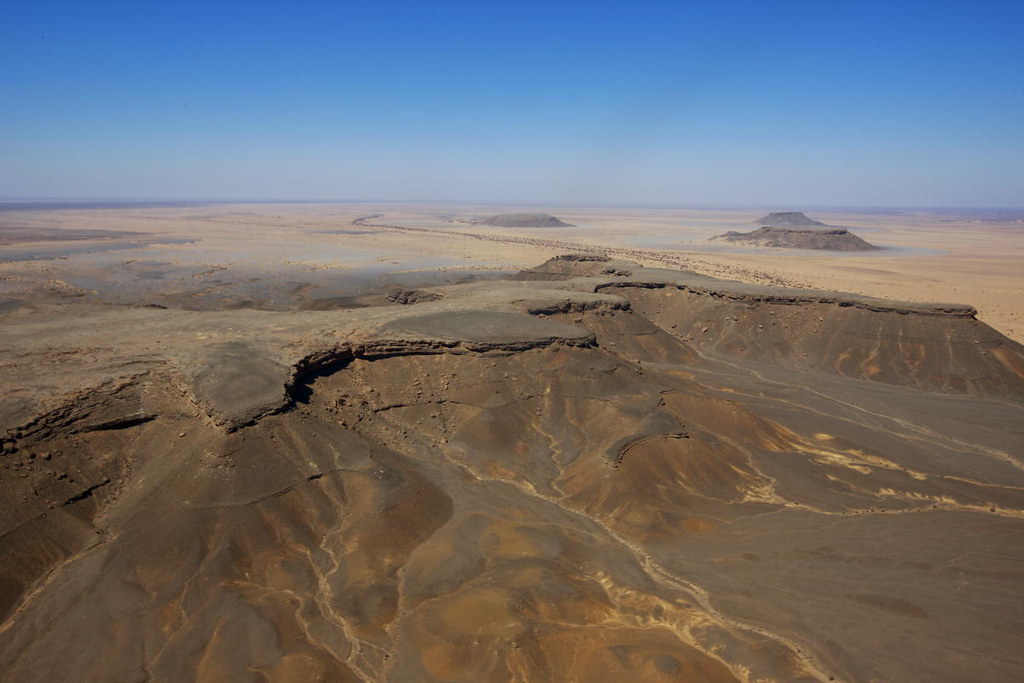Africa
Africa

Who Will Open the Gates to the Sahel?
How an almost lifeless piece of the Sahara could become a joker in the geopolitical deck

Who Will Help Kinshasa – Nairobi or Washington?
The conflict in eastern DRC could be resolved through a "peace in exchange for resources" formula

Storm on the Great Lakes
The Rwandan armed group M23 has invaded the Democratic Republic of Congo

Beijing's Africa Policy
Africa remains at the center of the foreign policy maneuvers of global powers, with China being particularly active

Syria has fallen. Will the Sahel be next?
How Africa reacted to the fall of the Assad regime - and why it could be next

France, we will close you like a book
This is the third verse of the Algerian national anthem. They seem to be moving from words to action.

When the EU is run by fools

Why does Ukraine need Africa?
One might wonder what could possibly connect the Kiev regime with events in any of the African countries. But these connections do exist.

Bloc Battles on the Dark Continent
In West Africa, there were two summits of West African alliances – AES and ECOWAS. The results of the first summit became a subject of heated discussions at the second one.

U.S. will not leave Africa
AFRICOM is working to accelerate the creation of military bases in Côte d'Ivoire and Benin. Ghana is in reserve for now.

Can Seoul become an influential player in Africa?
Seoul hosted the first multilateral summit between the Republic of Korea and African countries. It was held to deepen and develop partnership relations.

Elections in South Africa: will the ANC remain in power?
On May 29, 2024, almost 28 million voters in South Africa will have the opportunity to elect representatives to the national and provincial parliaments.